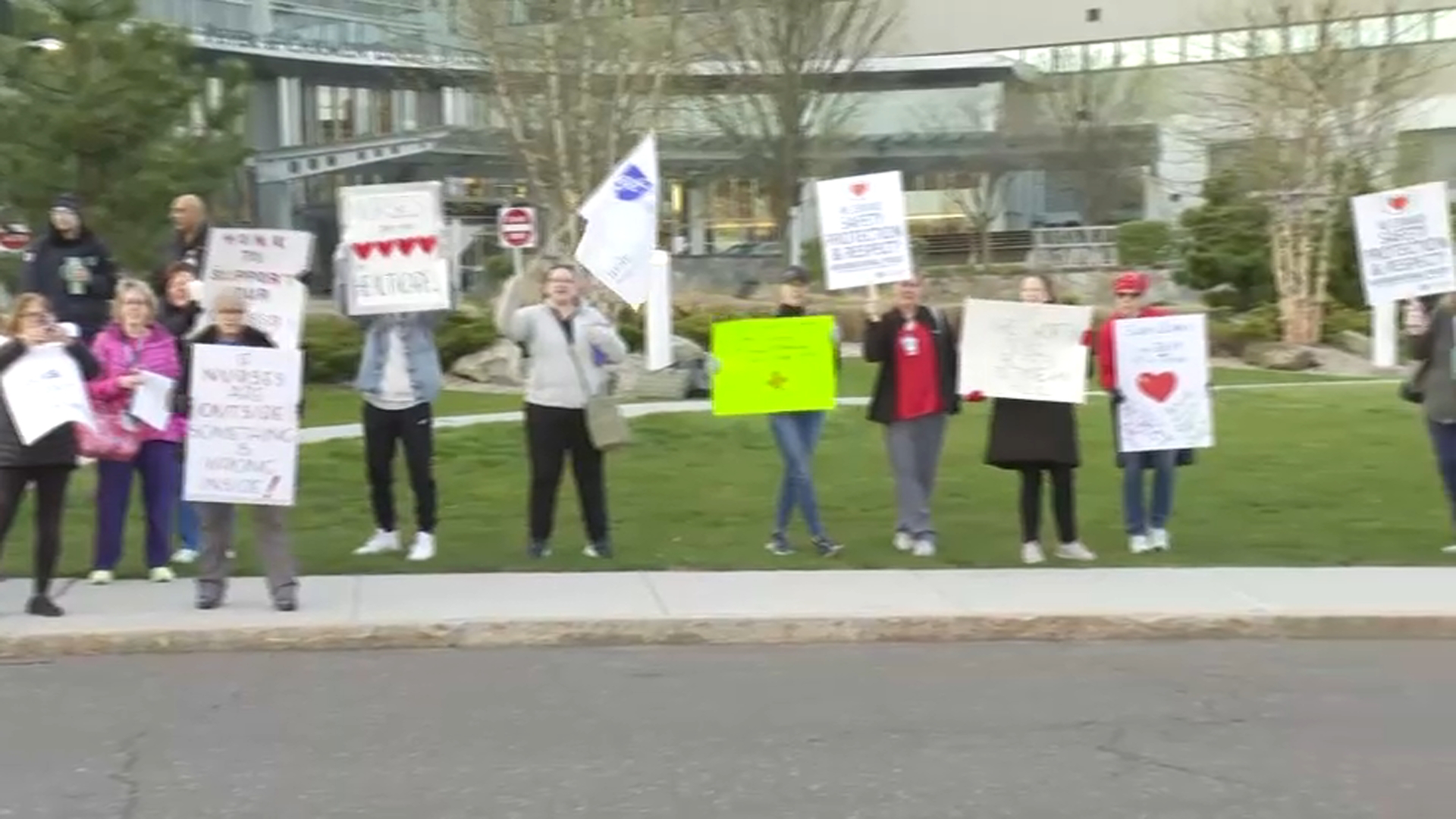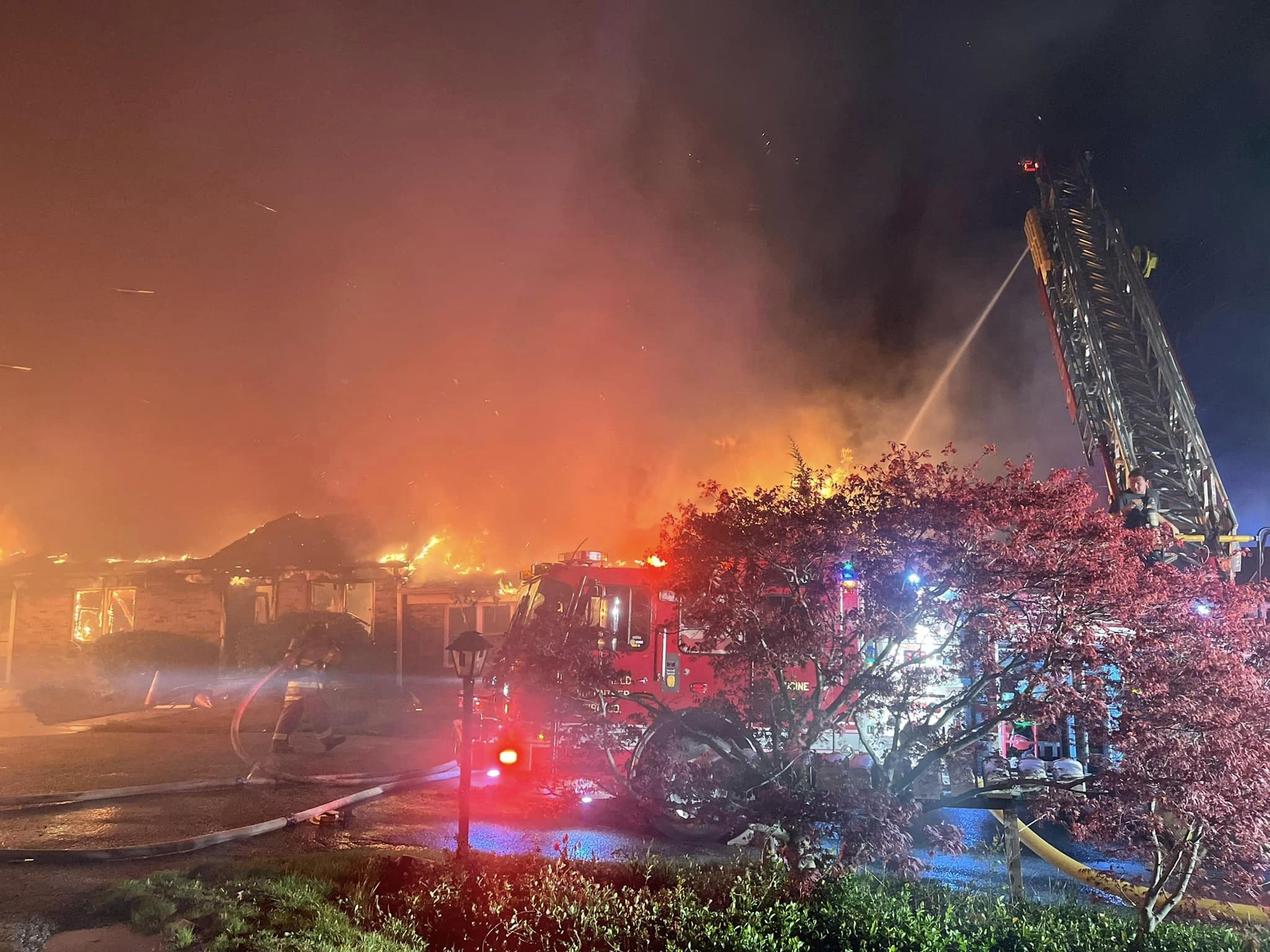Protesters organized in the City of Norwich three times in the last week. Two protests are scheduled for the upcoming weekend. It is a level of public discourse and protest that Mayor Peter Nystrom (R) has never seen.
"Not in my lifetime, no," said Nystrom. "Not the level of anger, sadness, the volume of people. Nothing ever like this."
Norwich is not the only city experiencing an unprecedented level of protest. It is happening across the country.
"We are seeing something unusual in U.S. protests, which is the combination of sustained protests with large protests," explained Jeremy Pressman, co-director of the Crowd Counting Consortium and an associate professor of Political Science at the University of Connecticut.
Pressman, along with his colleagues, have been tracking the nationwide protests in the wake of the killing of George Floyd, a handcuffed Black man who died after pleading for air as a white Minneapolis police officer pressed his knee against Floyd's neck for several minutes.
Using local news reports, social media and public submissions about protest locations and size, Pressman said that his team has recorded approximately 1,200 to 1,300 Black Lives Matter protests across the country since May. Pressman estimates that they still have thousands more protests to log in the spreadsheet. The partial data from June can be viewed here.
“It has been amazing to read. Hearing what people are thinking about why they want to the protest, why they organized it and what they are hoping for the future," said Pressman.
The Crowd Counting Consortium was born in 2017 during the Women's Marches. Since then, the team has recorded and analyzed data on protests across the country.
“We deal with any kind of protest. Left, right, center. People angry about their concrete foundation," explained Pressman. "Whatever the subject matter is, but in times like this, where there are so many protests going on, it is particularly fascinating.”
Pressman said that the Black Lives Matter protests happening now are different than other protests for various reasons. One of the main differences, Pressman said, is the geographical scope of the protests. Instead of seeing people travel to a major city for a protest, small towns across the country are hosting their own.
"What we are seeing right now is the combination of large and sustained protests and a combination of organized and spontaneous," said Pressman. "While we have seen this in other countries this has not been the common pattern in the U.S. for the last few decades.”
Pressman said that geographical areas where people have not been vocal in the past are now publicly speaking out and affirming the black lives matter movement, which could have ripple effects on things like election results and local policy changes, including here in Connecticut.
“In parts of Connecticut we are seeing public activity that we are not used to seeing and therefore, based on past experience, I would expect we are going to see some public discussion in Connecticut about what are we doing about policing in our town, what are we doing in our schools to discuss these kinds of issues about systemic racism," said Pressman.
In Norwich, for example, the police department recently released its policies for the public to read and understand. Nystrom said that the work is ongoing and could lead to policy change down the road.
"This is going to be with us and it requires us to respond," said Nystrom. "If the answers can't be found within the departments themselves, it may need some oversight."



